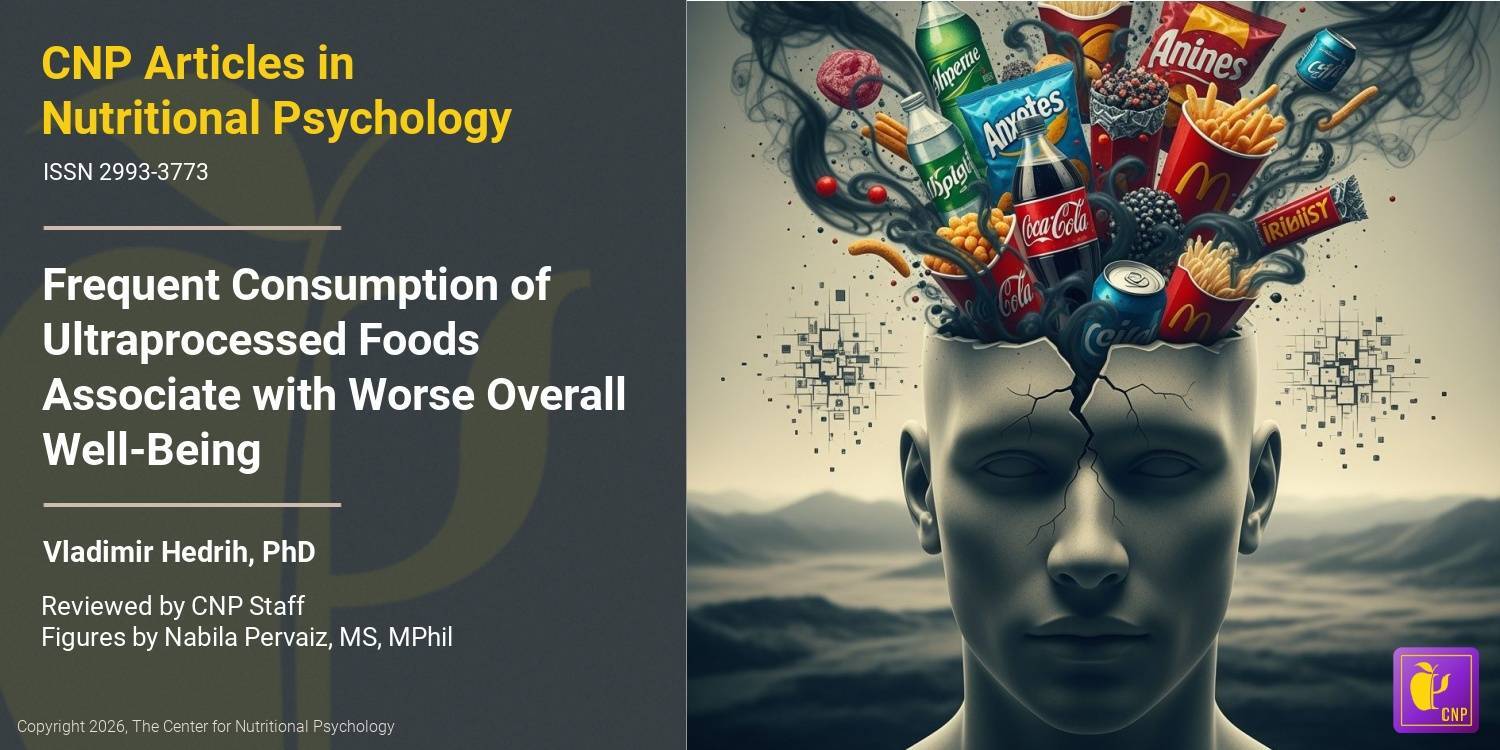The effect of attentional bias modification on eating behavior among women craving high-calorie food
Since people with attentional food bias towards food cues (particularly high-calorie food cues) often have poor dietary habits and behaviors, eating disorders or weight management issues, this 2018 study tested whether eating behaviors can be modulated using attentional bias in women who crave high-calorie foods. The participants were female college students (n=65) who possessed high levels of craving for high-calorie foods. Random allocation separated the sample into the training group (training sessions involving low-calorie foods aimed at altering the women’s attentional bias to food cues) and the control group (session using images of high- and low- calorie foods). The attentional bias to high-calorie food cues significantly reduced after training in the training group (p<0.05), compared to the control group. Post-training taste tests showed lower consumption of calorific foods and higher intake of low-calorie foods in the training group relative to the controls. Despite this, there seemed to be no significant difference between the two groups in terms of food craving levels. In summary, attentional bias modification training may be an intervention with potential in the enhancement of dietary behavior and habits. [NPID: cognition, eating disorders, attentional bias, cravings]
Year: 2018

 Navigation
Navigation






